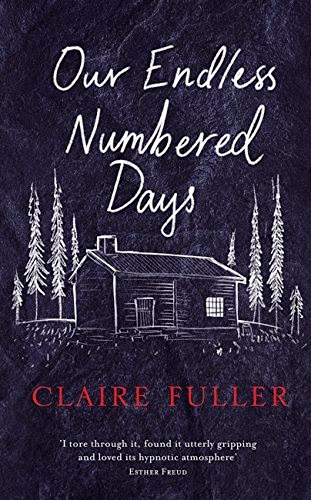Clay Cooper and his band were once the best of the best—the meanest, dirtiest, most feared and admired crew of mercenaries this side of the Heartwyld.
But their glory days are long past; the mercs have grown apart and grown old, fat, drunk - or a combination of the three. Then a former bandmate turns up at Clay's door with a plea for help: his daughter Rose is trapped in a city besieged by an enemy horde one hundred thousand strong and hungry for blood. Rescuing Rose is the kind of impossible mission that only the very brave or the very stupid would sign up for.
It's time to get the band back together for one last tour across the Wyld.
***
There's nothing that lifts my soul quite like a night of rock and roll. But rock and roll, as I'm sure we can agree, just ain't what it used to be.
Back in the day, bands weren't manufactured—they just happened, like a strike of lightning. And while a litter of mewling kittens can be made to sound terrific with the tools producers have to play with today, in the past, each and every member of a musical group had to be a master of their particular instrument. They didn't have to be attractive, either. They didn't have to dance or mug or mime. And they didn't need goddamn gimmicks. All they needed to do was rock your socks off.
In the world of Kings of the Wyld, the funniest and the finest fantasy debut in ages, bands like Saga—the legendary mercenaries at the heart of Nicholas Eames' finely-formed first novel—don't make music... they make war. Their instruments are their weapons; their axes and swords and shields. Their arena? Why, the whole wide world! Where they're needed most, though, is the Heartwyld: a vast and vicious forest between Grandual, where humanity has its home, and Endland, where the monsters of the Dominion lay in wait.
Alas, rock and roll ain't what it used to be hereabouts, either—because as vital and exciting as the band business was, it was also insanely dangerous. That's why "most bands today never go anywhere near the forest. They just tour from city to city and fight whatever the local wranglers have on hand," (p.159) namely tame, home-made monsters in purpose-built arenas that allow bookers to protect their percentages and managers to maximise their profits.
Percentages and profits—pah! That's not why Saga fought. Saga fought for the great and the good. Saga fought to make Grandual habitable. Saga fought for guts, but mostly for glory. Yet it's been decades since any of its members lifted an instrument. They've grown old and fat and happy. They've settled down, gotten jobs, and started families. But when Gabriel's daughter Rose, the leader of a band of her own, gets trapped in the distant city of Castia just as the Dominion chooses to make its monstrous move, Saga's frontman sets about arranging a reunion tour.




























